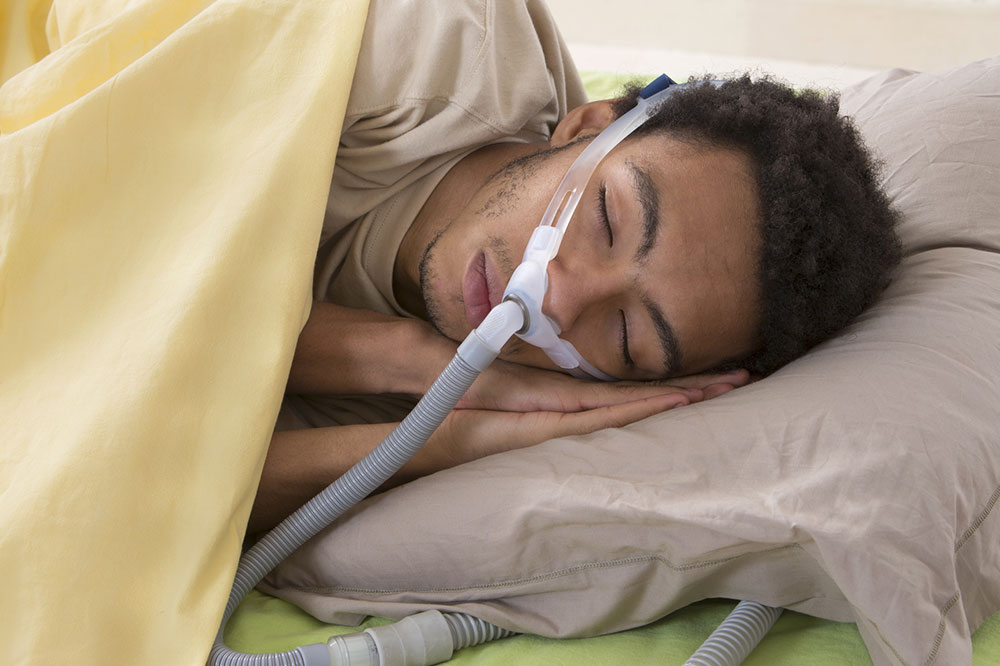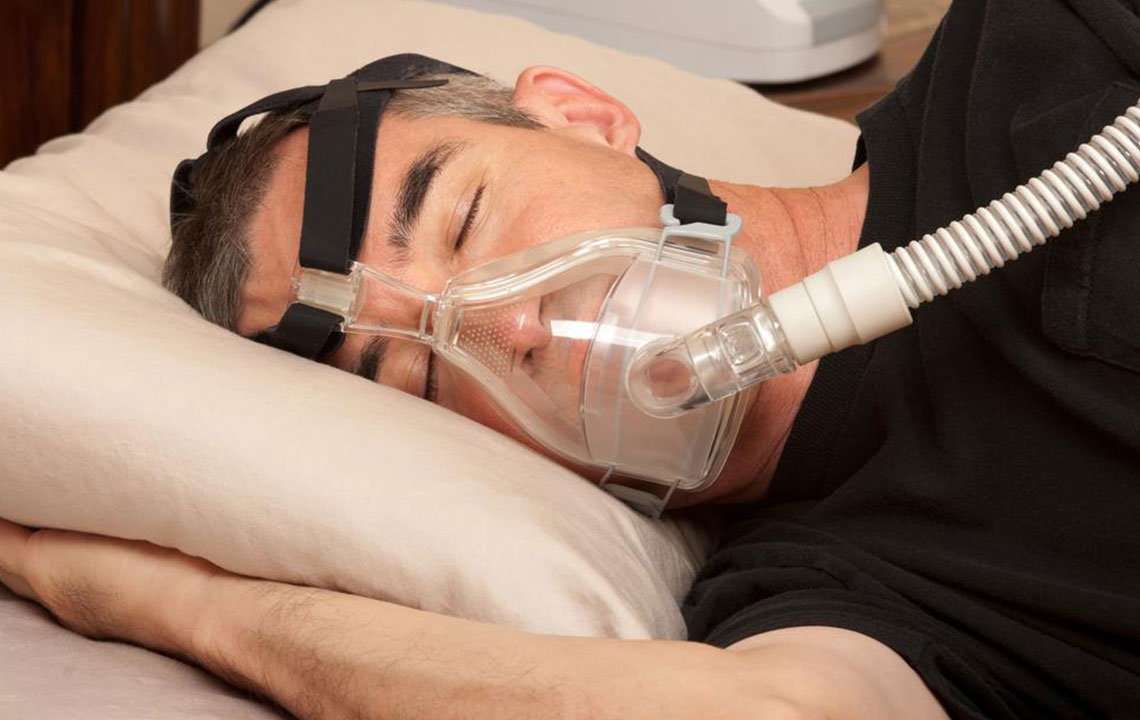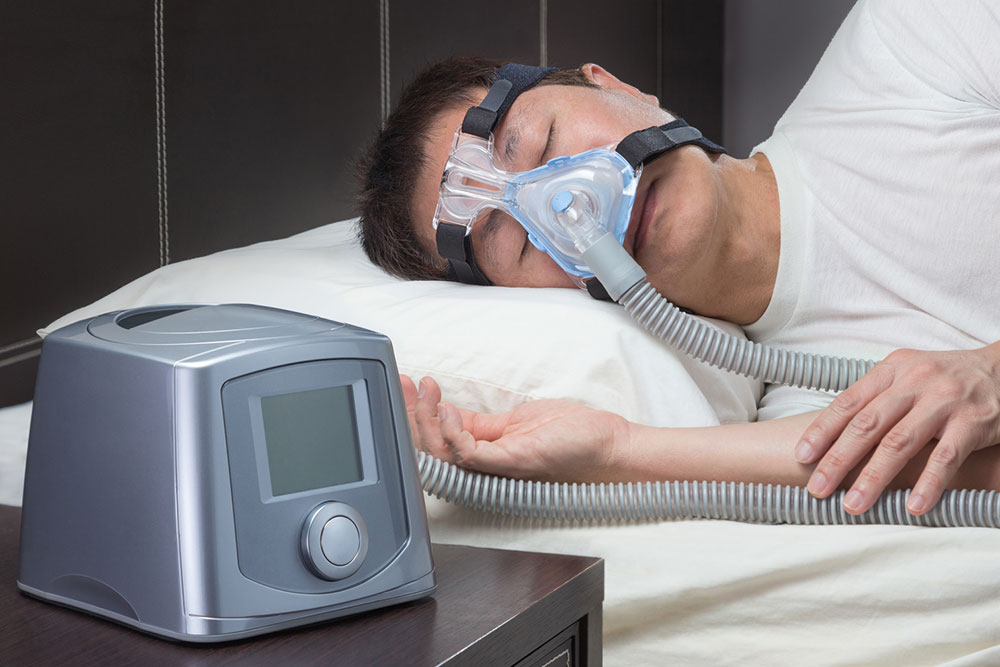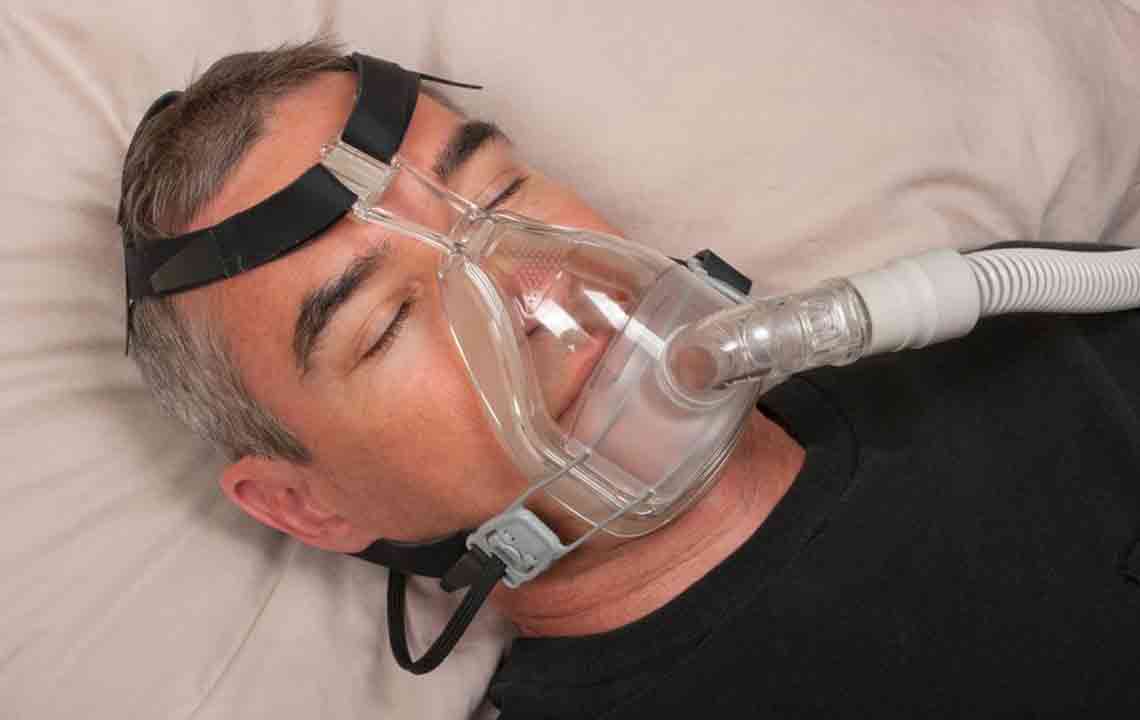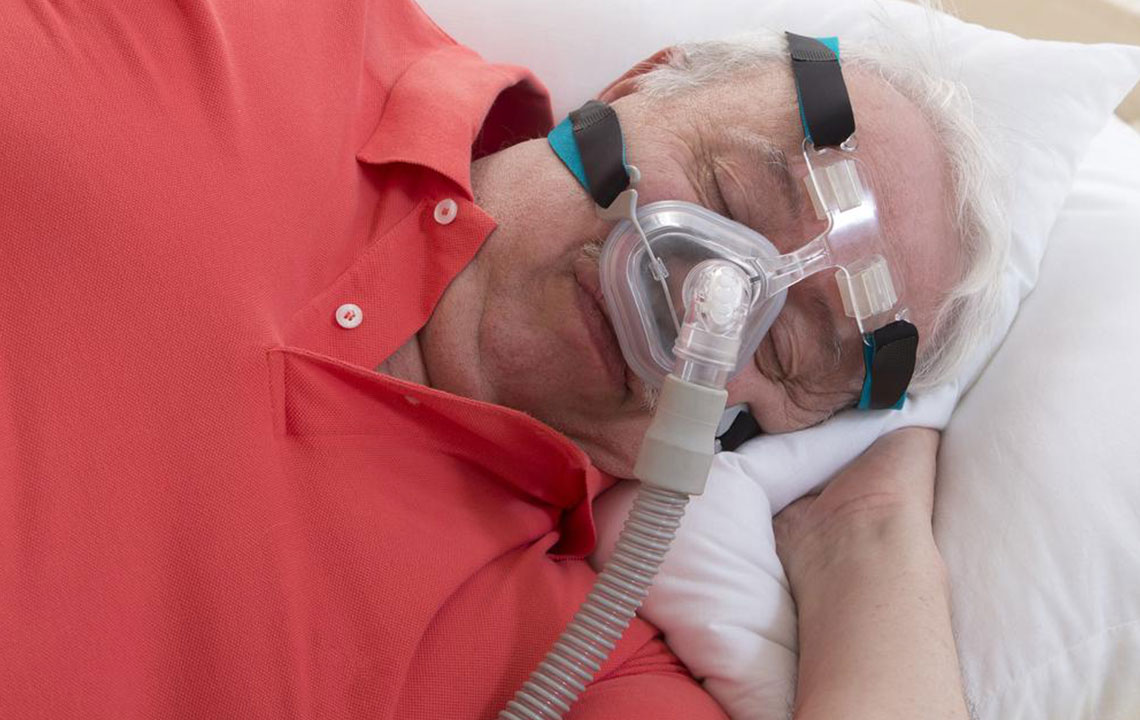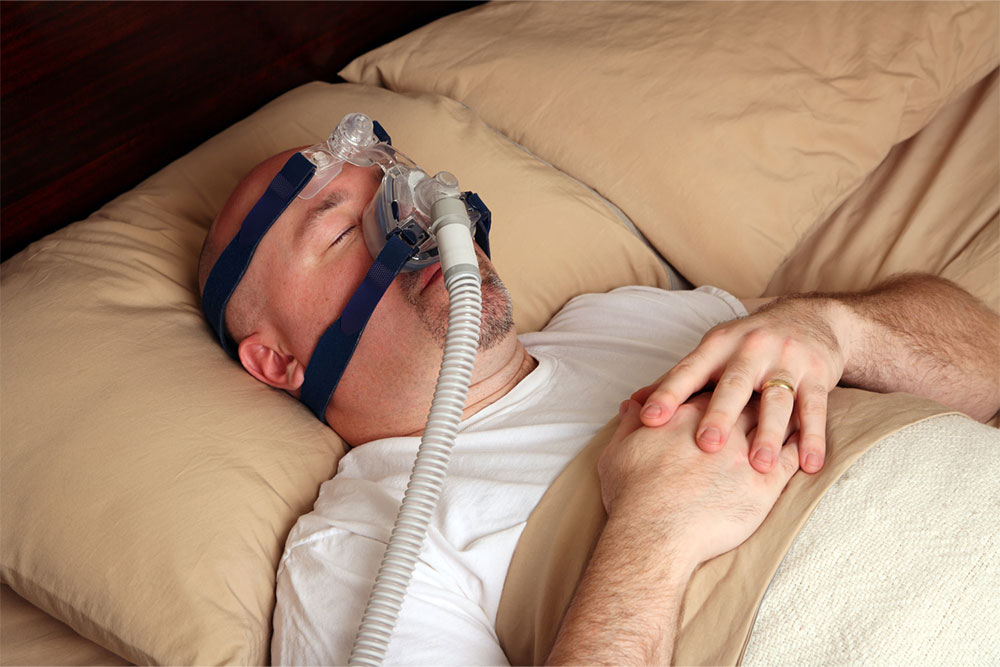Effective Strategies to Overcome Sleep Apnea and Enjoy Restful Nights
Discover effective methods to treat sleep apnea and improve sleep quality. From lifestyle changes and home remedies to medical options like CPAP and surgical procedures, learn how to manage sleep disruptions and enjoy restful nights. Consulting healthcare professionals ensures personalized treatment suited to your needs, promoting overall health and daytime energy.
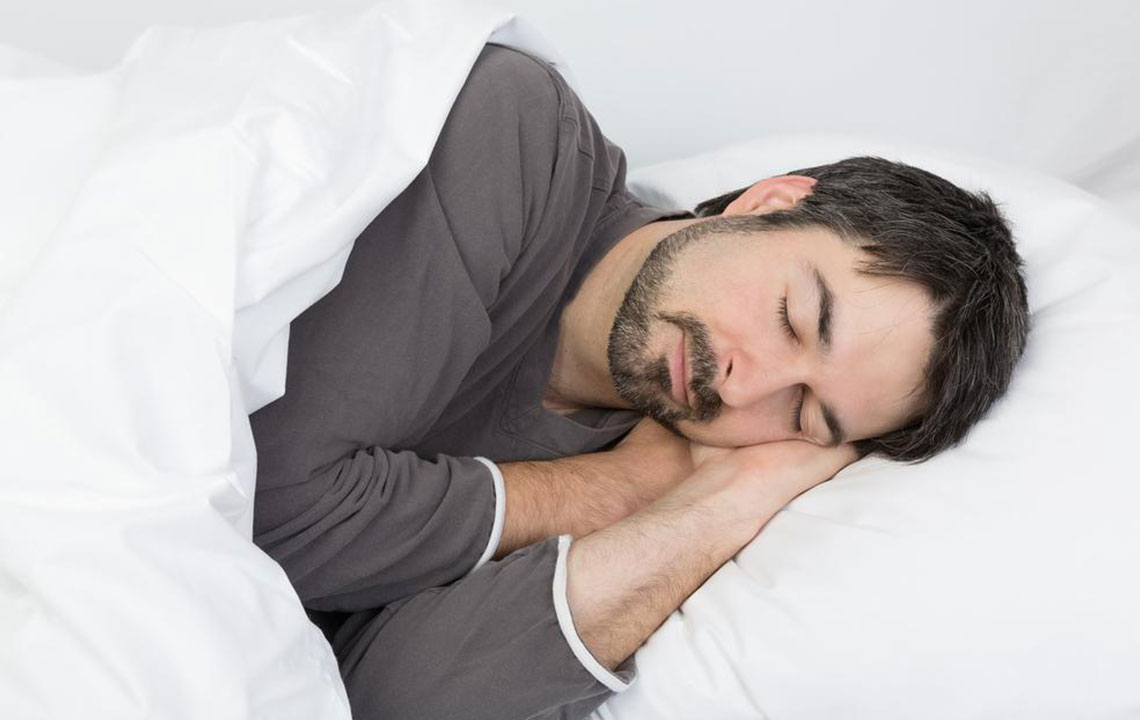
Effective Strategies to Overcome Sleep Apnea and Enjoy Restful Nights
Many people experience snoring during sleep, but persistent snoring could be a sign of sleep apnea, a condition that leaves you feeling exhausted despite a full night's rest. This disorder can impact your mood and pose health risks if left untreated. Fortunately, various treatment options are available to improve sleep quality and boost daytime energy. The first step is recognizing the symptoms, followed by exploring home remedies or consulting healthcare professionals for diagnosis and tailored treatment plans.
Understanding Sleep Apnea
Sleep apnea occurs when breathing stops temporarily during sleep, causing disrupted rest and post-sleep fatigue. Many individuals are unaware of these interruptions, which can decrease productivity and overall well-being. The key to effective treatment is accurate diagnosis of the specific type of sleep apnea.
Types of Sleep Apnea
The most prevalent form is obstructive sleep apnea, where relaxed throat muscles block airflow and lead to loud snoring. Central sleep apnea, less common, involves the brain's control over breathing muscles malfunctioning, often without snoring. A mixed type combines elements of both conditions.
The treatment options vary based on severity and type. Mild cases may benefit from lifestyle modifications or home remedies, while persistent symptoms warrant medical evaluation and intervention.
Home Remedies and Lifestyle Changes
Adjustments in lifestyle can significantly improve mild sleep apnea symptoms. Weight management is crucial since excess tissue can obstruct airways. Quitting smoking and limiting alcohol consumption reduce inflammation and muscle relaxation, minimizing snoring. Eating lighter meals a few hours before bedtime and maintaining a consistent sleep schedule also help improve sleep quality.
Bedtime Habits for Better Sleep
Implementing simple bedtime tips can make a difference:
Sleep on your side to prevent airway blockage.
Elevate your head using pillows to open up your airways.
Use saline sprays or nasal strips to keep nasal passages clear.
Chewing gum before bed may help keep your mouth closed during sleep.
Should these methods prove ineffective, consulting a healthcare professional is recommended for further assessment and treatment options.
Medical Interventions for Sleep Apnea
Treatment approaches depend on individual diagnosis and severity. Several options include:
CPAP therapy uses a mask to deliver continuous airflow, preventing breathing interruptions throughout the night.
Alternative devices like EPAP, BPAP, and ASV cater to different severity levels, aiding smoother breathing during sleep.
Dental appliances can reposition the tongue and jaw to keep airways open.
Surgical options, such as airway enlargement or tissue removal, are considered when other treatments fail, though they carry risks and are reserved as a last resort.
Implant-based treatments, like nerve stimulators, are emerging options for severe cases.
Important Note:
Our website provides comprehensive information across various health topics based on research and data. However, content should not replace professional medical advice. Always consult a healthcare provider for diagnosis and tailored treatment plans. The site may not include all available schemes or offers related to sleep apnea treatment.

